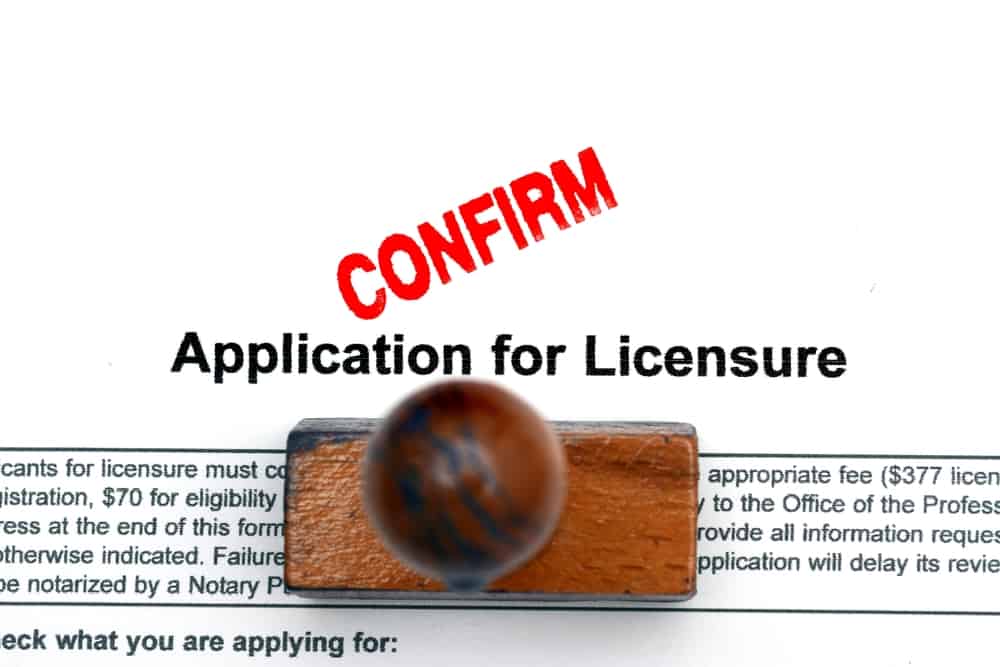With the number of franchises increasing steadily, now is a good time to consider becoming a franchisee. Not only will your entrepreneurial ambitions be helped by the number of potential franchisors on the market, but you’ll also be able to achieve a faster rate of expansion.
- Educate Yourself.
Before considering any franchising business model, do your research on all potential options. The research process involves working through various publications on the franchising industry, learning about the pros and cons of different systems and checking with financial advisors for any red flags.
- Research the Franchise Industry.
Don’t forget that you’re talking about the potential to invest large amounts of capital and dedicate your time to a new business. You need to be sure that you’ve taken a look at all the different business models on the market and understand the legal and financial implications of the business you’re considering.
- Determine the System.
If you’ve chosen a system that focuses on high-quality, specialty food items, for example, you should make sure that the franchise is still operating, because a failing business may lead to financial losses. Also look into the overall performance of the system, so that you can gauge whether or not it will help you generate higher profits.
- Learn the Business.
Once you’ve decided on a particular franchise, you’ll need to work out what areas you want to focus on, and the best way to do this is to consult with an expert franchise consultant. This will enable you to learn more about the franchisees you could potentially be working with and the systems they’ve already adopted.
If you’ve decided on a particular business model, you’ll need to take the time to work out how you’ll implement it. This involves determining the specifics of the company, including its brand, pricing and operations. While you’re this important, don’t forget to keep things in perspective. Most franchise systems can run on a shoestring if you have the right attention to detail.
Finally, remember that just because you’ve made the decision to open a franchise business, doesn’t mean you can’t later return to the regular workforce. There are plenty of support and training programs available to allow you to continue earning a living as a business owner.
Are You Ready to Become a Franchise Owner?
No matter which option you choose, you’ll need to make sure that you’re fully prepared for the start-up process and that your business is financially secure.
Go through the steps of building a business plan and determine exactly what your start-up expenses will be. Make sure you’ve considered all possible risks and decided whether you have the business capital and skills required to succeed.
Make sure your lawyer and financial advisor are aware of your intentions and are supportive of the way you intend to run the business. You’ll also need to review any franchise contracts and use legal and financial advisors to ensure that you’re making the right choices. Once you’re ready to take the plunge, you’ll need to choose between several systems. Since there are so many different options, it’s hard to say whether a particular franchise is the right one for you. However, since the money you’ll invest will need to come from a long-term source, it’s important to ensure that you’ve examined all the options to make sure that you’re making a smart investment.



